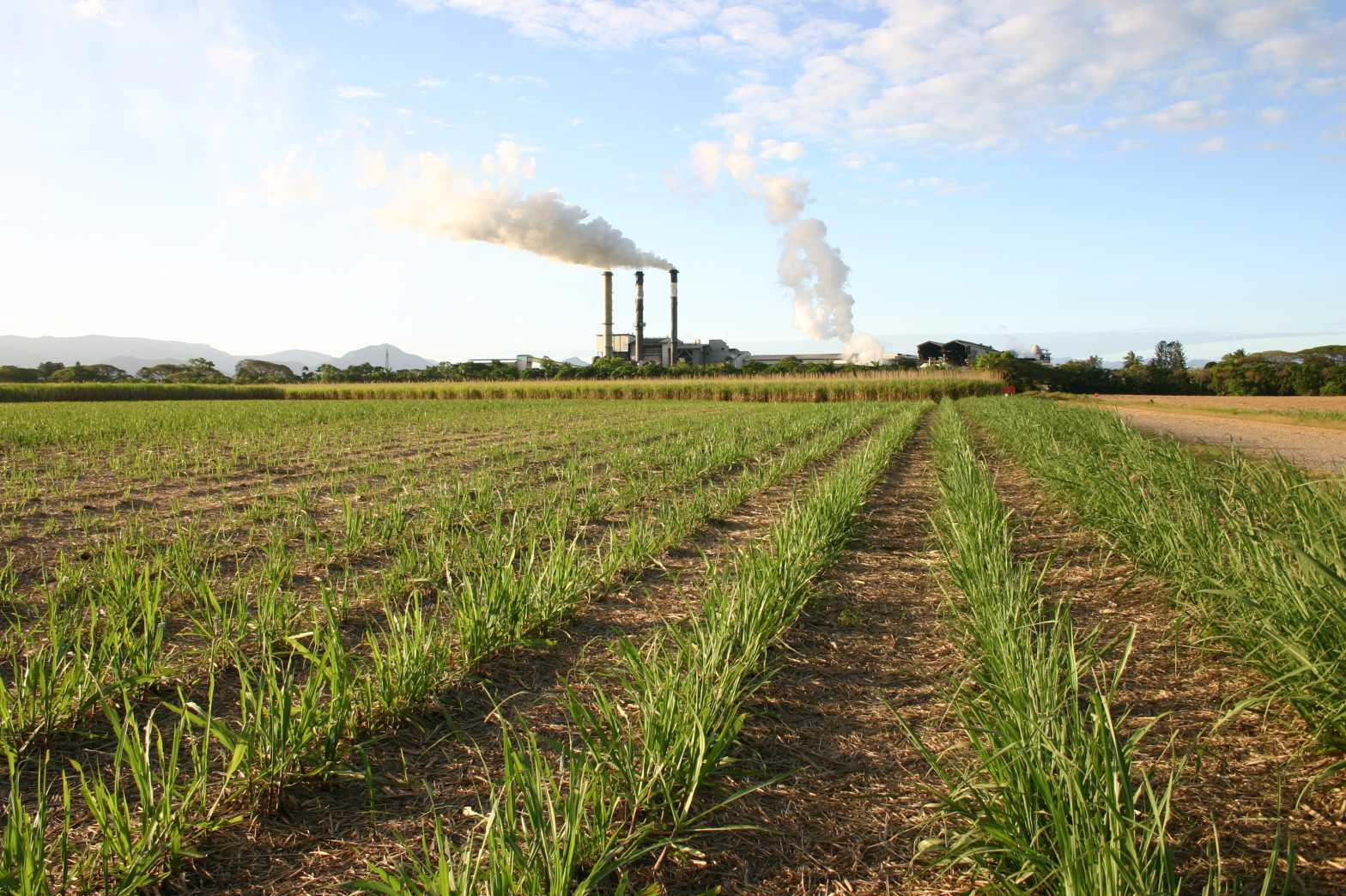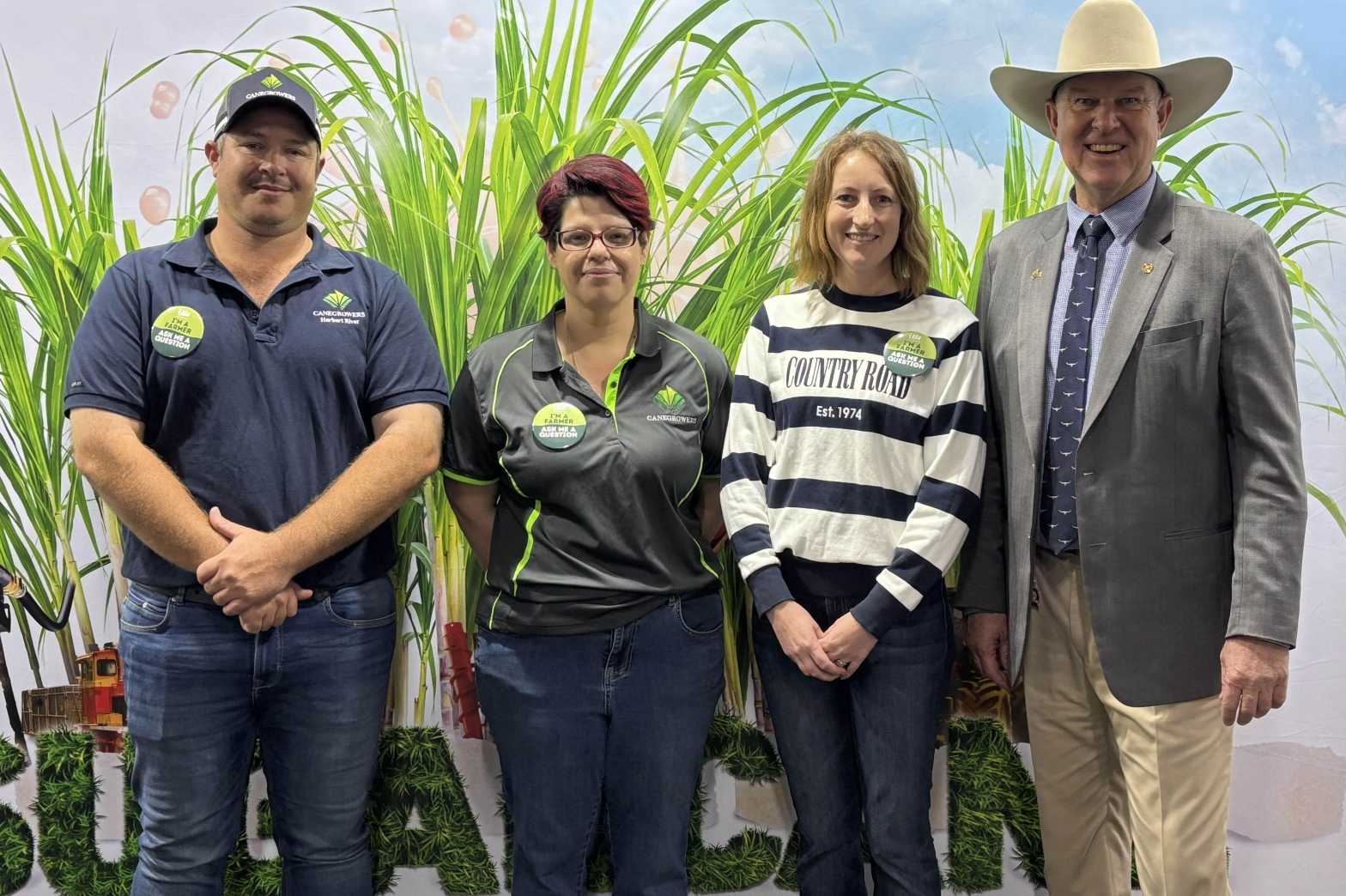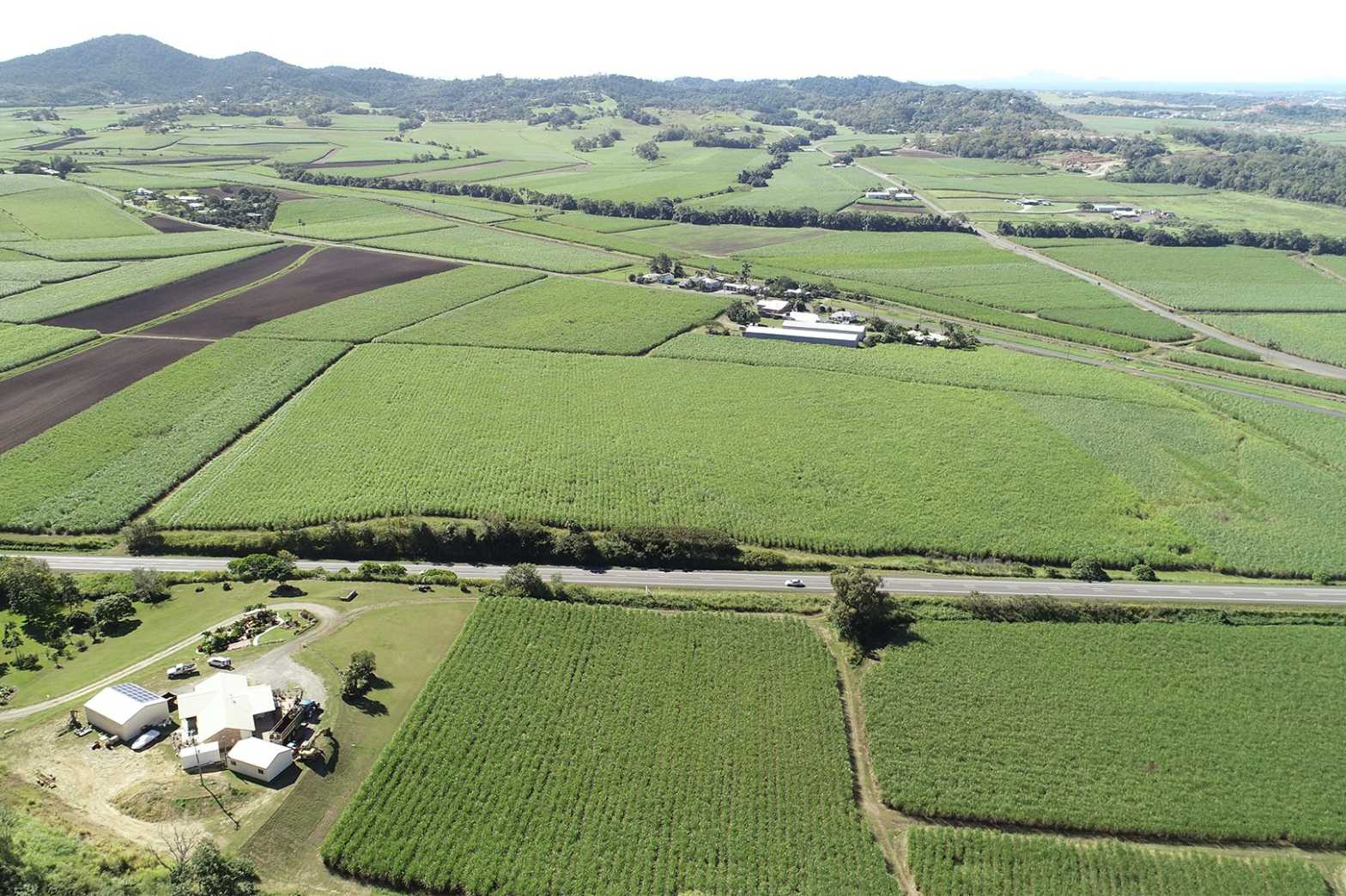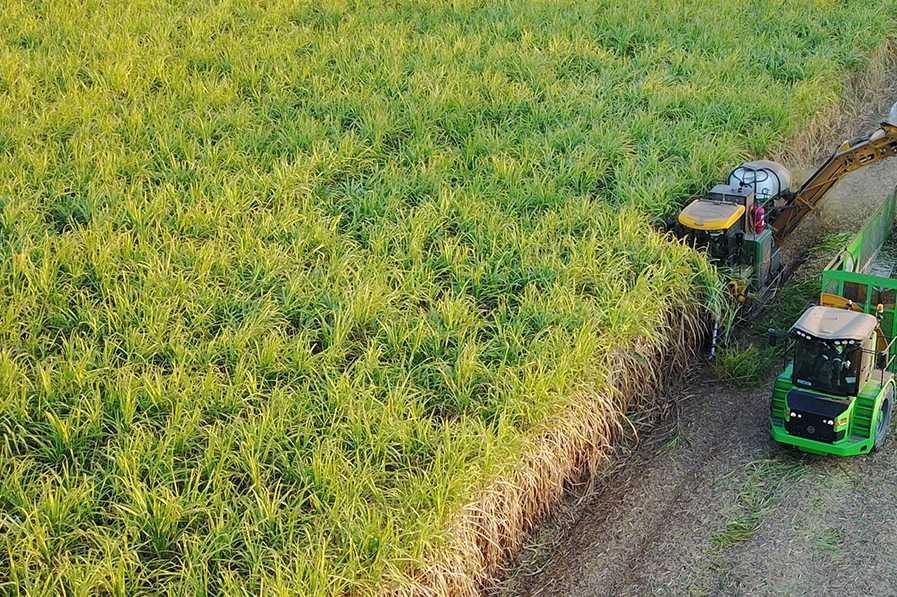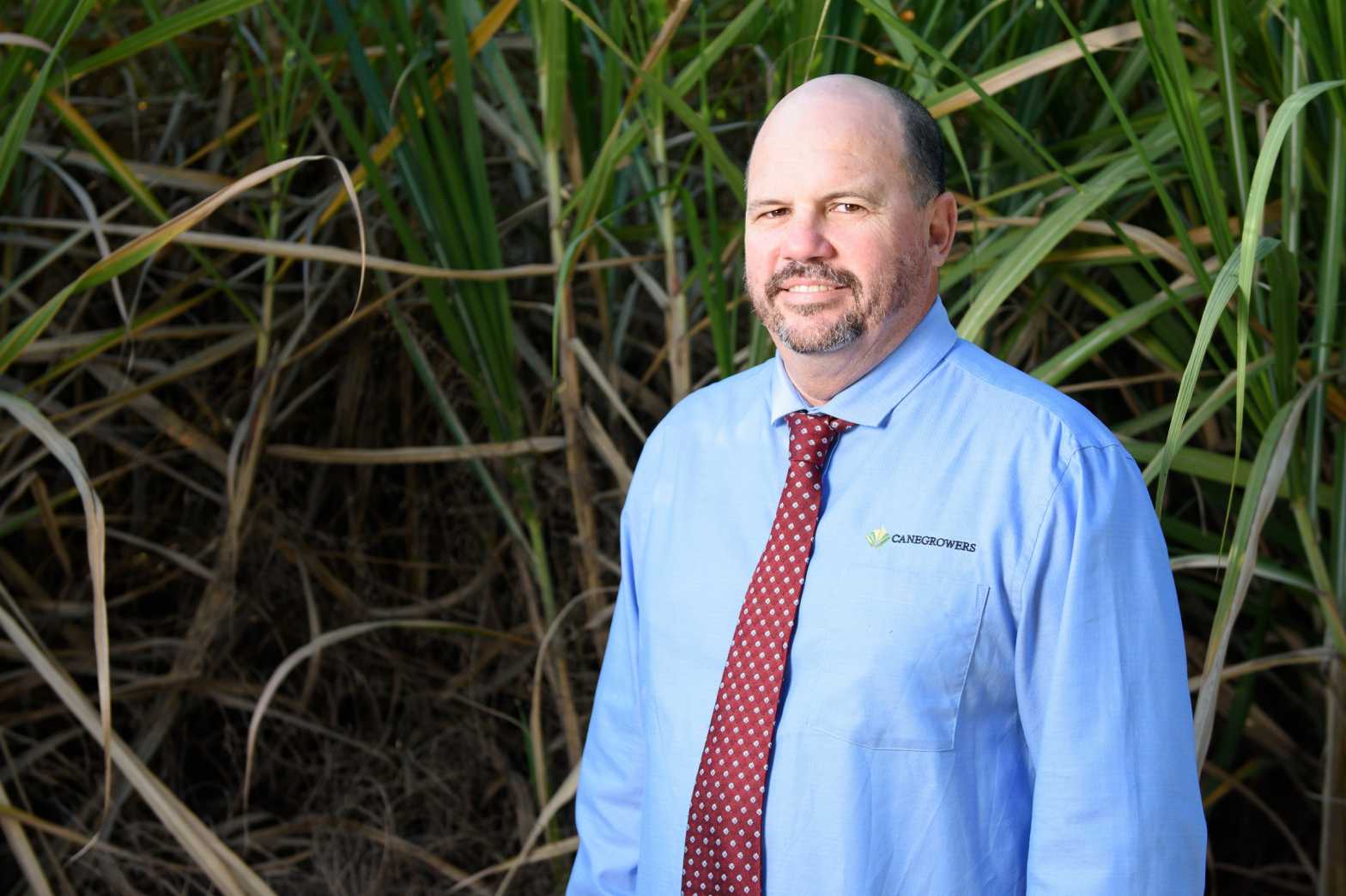The simmering frustrations in Queensland's sugarcane industry boiled over recently, as growers and millers locked horns over an issue that’s been dragging on for years – the difficulty of getting the crop crushed on time.
Grower representatives have vented their anger publicly, pointing to the repeated mill breakdowns and stoppages that have turned what should be a manageable season into a marathon stretching into January in some districts.
While to the lay-person, a six or seven-week delay might not seem like a big deal, it has serious consequences for growers.
As the rainy season sets in, unharvested cane deteriorates, losing sugar content and becoming more difficult and expensive to cut and crush. Harvesting in wet conditions also impacts soil health and requires expensive remediation. In some cases, the cane can’t be harvested at all and is left in the paddock for the following year.
Worse still, these delays have a knock-on impact on the next crop, disrupting planting and fertilising schedules and further eroding profitability.
Growers feel this frustration acutely, day in and day out. We are just not meant to be harvesting at this time of year and that is why grower representatives are expressing the outrage they see in the shared pain across much of the industry.
But this shouting match, echoed in headlines and news bulletins, doesn’t get us any closer to solving the problem.
The reality is our mills are old – some might say ancient – and desperately need massive investment to meet modern standards.
Workforce shortages add to the strain, with mill workers, harvester operators, and truck drivers in short supply, and those that are working are exhausted.
But it’s not just sugarcane feeling the effect – workforce challenges ripple across all agricultural sectors, increasing the urgency for action.
So, where do we go from here? What’s needed is collaboration, not confrontation.
Fixing these systemic issues will require a whole-of-industry approach, with growers, millers, and government working in unison.
Confidence that encourages new capital investment, shared strategic planning, and a focus on upskilling the workforce are essential pieces of the puzzle.
Yes, there’s history – and no shortage of bruised egos – between growers and millers. But the industry’s future depends on rebuilding trust and pulling in the same direction.
With cooperation, we can bring our seasons back on track and seize the opportunities ahead. It’s time to stop shouting and start solving – together.
